Manasseh's Folder
Manasseh’s Folder: Dr. Ali-Gabass’ fate was predicted in 1996
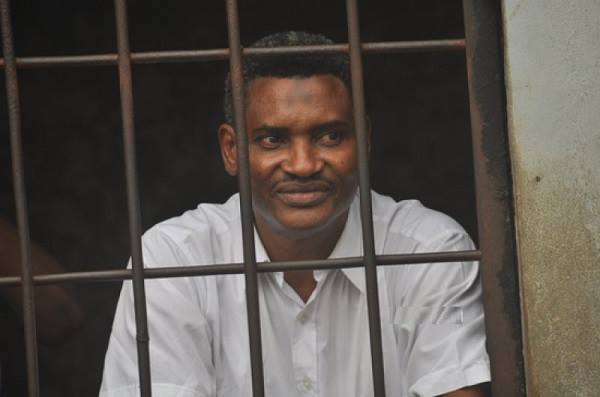
Dr. Sulley Ali-Gabass was jailed 25 years for defiling a boy
Before I walked into Dr. Sulley Ali-Gabass’ private hospital that Friday afternoon, I prayed. I had prayed in the morning, but I still prayed as I climbed the stairs to his office. I was afraid. I didn’t know how he would react to what I was going to tell him considering the weight of evidence I had against him. I was afraid I could be hurt. His senior high school mates had told me he was a bully and would not hesitate to beat up anyone who misbehaved towards him.
But I could not leave the story. So I called on Christ Jesus to protect me, and take “absolute” control of my encounter with him. And, indeed, He did.
Investigative journalism is dangerous. When you are pursuing a story that can alter the course of someone’s life, you become an endangered specie. In the case of Dr. Sulley Ali-Gabass, it was even scarier. I was warned by several people who knew him, people who had worked with him. “Be careful with that man,” they said. “He can be rough. He can be dangerous.”
I had spent three days in Takoradi, lurking in and out of the Effia Nkwanta Hospital, where he worked as a senior medical officer. I also went around speaking to people who knew him and sniffing every useful piece of information on him. I met people in their homes and other places and they all had similar stories about him
They said Dr. Sulley Ali-Gabass had been addicted to pethidine, a synthetic compound used as a painkilling drug, especially for women in labour. Some health workers get addicted to it and it gives them similar effects as hard drugs. Dr. Ali-Gabass later confessed about his addiction to the drug but said he had overcome it.
My informants also said he could be very rough. He had stopped attending meetings of the Ghana Medical Association in the region. One medical doctor said he was weird.
The people I spoke to also said they had heard rumours that he was homosexual, but they could not provide evidence beyond a number of boys who they alleged he had abused.
The last issue was the subject of my investigation.
[mawuni]
Before Dr. Ali-Gabass’ teenage male secretary ushered me into his office, my eyes caught something interesting. It was a writing that was framed in glass and hung above the door to his office. I tried to read it aloud. I didn’t know when his secretary would come out. And I didn’t want him to catch me taking pictures without his permission.
I had planted a secret recorder on me so I knew that reading it aloud would get the exact words for a day like this, the theme for this article. But when I started, the secretary popped out and ushered me into Dr. Ali-Gabass office.
When I told him a boy had alleged that he [Dr. Ali-Gabass] slept with him, he started shaking.
“I don’t know what to do. I don’t know what to do. I won’t lie to you, in fact, it was a mistake. You see, this guy, I don’t know. It’s like … it’s not the carnal knowledge per say but the fact that this guy a minor, a friend of yours and then you know this thing.”
I spent more than one hour speaking to Dr. Ali-Gabass and the rest of the story, which has become known as the “gay doctor story” is well-known. On Monday an Accra circuit court found Dr. Sulley Ali-Gabass guilty of defiling a boy under 16 years and sentenced him to 25 years imprisonment.
Seeing Dr. Ali-Gabass in handcuffs brought tears into my eyes. In fact, I told the first person I met after seeing Dr- Ali-Gabass that if there was ever a point I contemplated dropping a story, then it was the Ali-Gabass story. Contrary to what I had been told, he turned out to the nicest target of an investigation I had met. But his action had also caused pain to some children and I didn’t know whose child would be next? The interest of the society must always supersede individual feelings and interest.
In that meeting, Dr. Ali-Gabass took me on a journey through his life, and the discussion eventually came back to the writing on the wall I tried to read and record but which could not complete. The writing, which is attributed to Shakespeare reads:
“SUCH IS LIFE: Men’s evil deeds are written on brass; the good ones on water. When I am right, no one remembers. When I am wrong, no one forgets.”
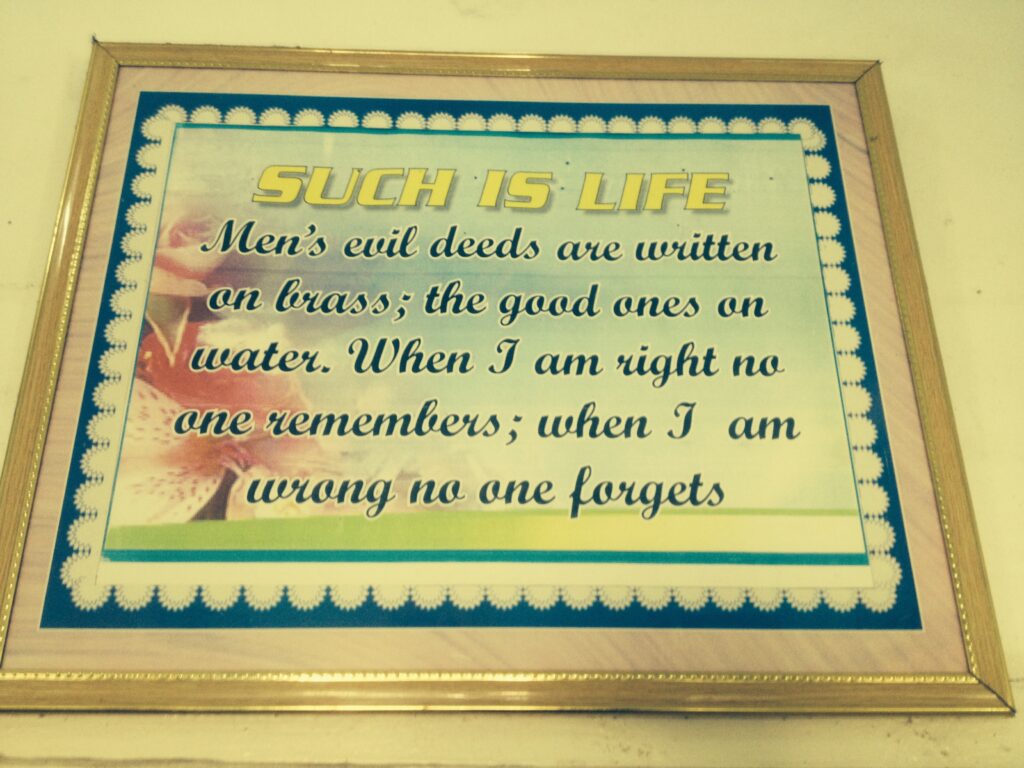
The writing at the entrance of Dr. Ali-Gabass’ office in his private hospital
“This was given to me by a lady who has died. That’s early 1996, that’s when I was posted here and I was doing a locum at SDA clinic,” Dr. Ali Gabass told me how he got those words. “I met her there and she became my mother.”
“The way she saw the way I worked and it seemed nobody was talking about it was when she gave it to me. She kept telling me that the good things people do, nobody hears, it is only the bad things that are heard. That I should take heart. That’s the gift she gave me, so I always keep it there.”
Before I left, I asked if he could permit me to take a photograph of the writing on his wall. He willingly agreed. “Feel free and do whatever you want to do,” he told me and went ahead to start examining patients, who had been waiting while I engaged him for over an hour.
These words came ringing in my ears since he was jailed.
[mawuni]
In fact, there was enough evidence to convict Dr. Sulley Ali-Gabass of what he had done. And having been to court for three days as a prosecution witness, I blame his lawyers for his “harsh” sentence and not the judge.
When his lawyer spoke after the judgment was delivered, his grounds for appeal were that the doctor was a first time offender and that he was new to the law. He believes he should have been given a lesser sentence. He never mentioned the innocence of his client.
In court, there was enough evidence that he had committed the act. He, however, pleaded not guilty and his lawyers behaved as though it was easy to get him out. I remember the judge once said it was in the interest of their client that the case should not be dragged.
One morning while Dr. Ali-Gabass was sweating profusely in court when the recorded interview I had with him was being played, but his lawyer kept signaling him to be bold and deny it. At a point, the judge was looking at him while he turned to Dr Ali-Gabass. I don’t know much about law and what goes into a judge’s decision but I think the lawyers played a role in getting him the maximum sentence. He showed no remorse at all.
Having sex with boys, however, is not the only story of Dr. Ali-Gabass. He was a very hardworking medical doctor. A woman who had worked at the Effia Nkwanta Hospital for a long time described him as the “pillar” of the obstetrics and gynecology unit of the hospital. He was a workaholic. And he knew his job.
“I really help people. Because when you look at the way I do my surgery, it’s hardly you will obtain blood, because I do it within 25 minutes and it’s clean, it’s neat, and you don’t have any infection,” he told me.
“That’s my record. These Jehovah’s Witness people, they like me. They recently even sent some visitors because with me you don’t obtain blood and they don’t like blood. So, always they are like my friends.”
Dr. Ali-Gabass had other plans. He had taken a loan from the bank and was about to move his clinic to a new building. He had also acquired land and would in future build a private hospital to serve the people of the Western Region.
He had a programme on a Takoradi-based radio station, which discussed a wide range of health issues. He was a role model to Muslim youth and a generous contributor to activities of the Ghana Muslims Students Association. Despite his flaws, he was generous. He paid school fees for people who were not related to him.
All these do not offset the evil deeds for which he is paying dearly. That’s not my point. The turn of events in his life only fulfills what the woman told him 19 years ago.
[mawuni]
His elaborate dreams for himself, family and healthcare in the Western Region have been shattered . He will retire in prison. All his good works will be forgotten. If you type Sulley Ali-Gabass into any internet search engine, you will be greeted with dossiers of bad news on him.
In fact, “SUCH IS LIFE: Men’s evil deeds are written on brass; the good ones on water. When I am right, no one remembers. When I am wrong, no one forgets.”
We all know Dr. Sulley Ali-Gabass fate came to pass as predicted by his godmother. But we all have ours fates. And our flaws. Yours may not be homosexuality. It may not be related sex at all. But you still have lessons to learn from Dr. Ali Gabass’ fate. And that lesson is aptly captured in these words of Warren Buffets:
“It takes 20 years to build a reputation and five minutes to ruin it. If you think about that, you will do things differently.”
 [mawuni]
[mawuni]

-
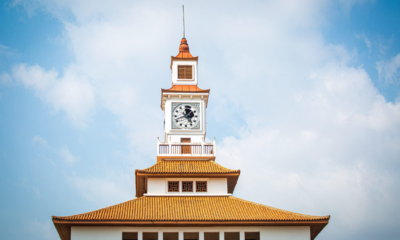
 Random Thoughts10 months ago
Random Thoughts10 months agoA Dutch Passport or a Ghanaian PhD?
-

 Foreign News10 years ago
Foreign News10 years agoEvery Animal Meat Is Not Beef! See All Their Names
-
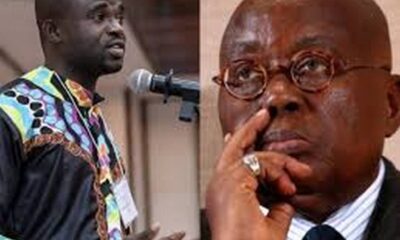
 Manasseh's Folder12 months ago
Manasseh's Folder12 months agoManasseh’s Praise and Criticism of Akufo-Addo’s Action on the SML Scandal
-
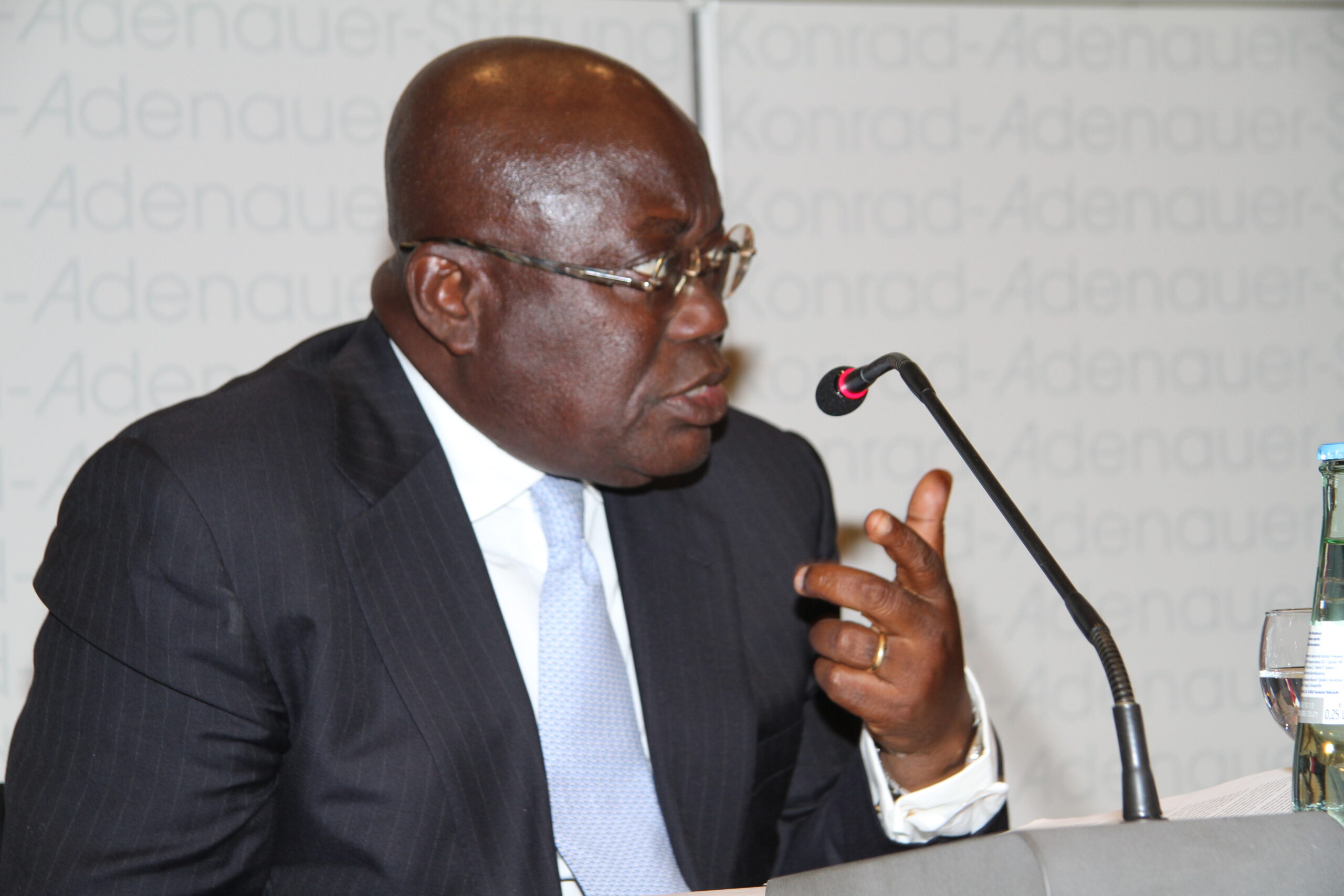
 Guest Writers9 years ago
Guest Writers9 years agoProf. Kwaku Asare writes: Nana Akufo-Addo has no law degree but…
-

 Manasseh's Blog Posts9 months ago
Manasseh's Blog Posts9 months agoWho Started Free SHS?
-

 Manasseh's Folder9 months ago
Manasseh's Folder9 months agoIs Napo Arrogant? And Does It Matter?
-

 Anti-Corruption9 years ago
Anti-Corruption9 years agoMANASSEH’S FOLDER: Unmasking Afenyo Markins, NPP’s apostle of integrity
-

 Manasseh's Folder9 years ago
Manasseh's Folder9 years agoEXCLUSIVE PHOTOS: Manasseh Azure Awuni marries “Serwaa”